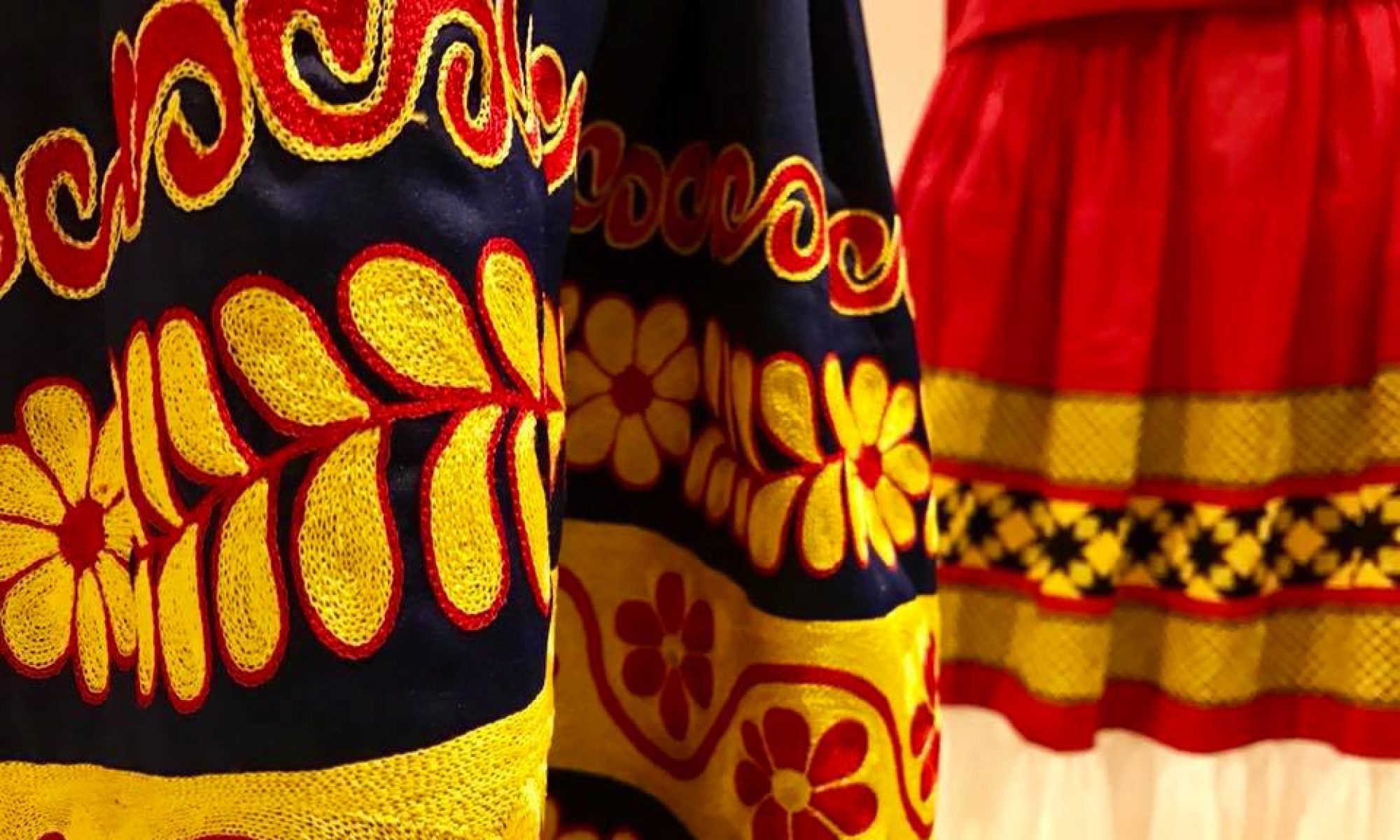I am not from Peru, and I have never been to Peru. However, learning about shamans through the podcast and readings resonated with me. The material allowed me to reflect on how cultures have adapted first to the colonizers’ arrival and, more recently, to meet tourist demands.
I am from a city in which one of its principal economic activities is tourism. My family works in the hospitality sector, and without foreigners coming to “consume” our culture, I wouldn’t be taking this class at UBC.
I want to reflect on two things this week: the word “authentic” and the idea that our cultures change to meet tourists’ expectations.
Authentic?
Have you ever been to a restaurant that serves food from your country of origin with a group of international friends? Well, I bet you were asked if the food was “authentic.” But what does even authentic mean? In that situation, I would say that authenticity would be that food tastes like home. However, that is such a subjective definition. Who chooses what is authentic and what is not? Why do we care so much?
I like the food because it is constantly changing. Most of the Mexican cuisine is the explosion of indigenous and Spanish flavours. (e.g. Chiles en Nogada, buñuelos, Rosca de Reyes). So why are we so afraid of food changing?
I have tried food in Mexican restaurants abroad, and yes, most of the time, they do not taste exactly the same as what I am used home. However, most of the time, they are great! It is very unrealistic to expect every single restaurant to taste the same! There are many reasons why dishes taste different. Restaurant owners substitute the “authentic” ingredient that the “authentic” recipe calls for because either the ingredient is not available or it is too expensive. Are they attempting against the “authenticity” of the food? I don’t think so.
In my opinion, we should be open to change, not only in our ideas but also in our food preferences.
Meeting tourists’ expectations
I had the opportunity to go with a couple of friends to a medicinal centre in my state’s mountains. We wanted to have the “experience” of the temazcal and “una limpia.” The reading made me rethink my experience and my incentives to go there in the first place. With this type of tourism, are we helping the community, or are we just extracting their knowledge for our amusement? Should we promote this type of tourism? If it is local tourism, is it okay? Or is it the same as having Canadian or European tourists? What do the people working on the medicinal centre think about tourists? Do they want tourists to stop coming?
Let me know what you think…



Picture 1,2,3 – Capulalpan de Mendez, Oaxaca, Mexico. Summer 2017


I think that one reason that Indigenous peoples who engage in authentic practices reveal these to tourists is because they want people to know what the authentic practices of their culture truly is. Locals from their own communities have fabricated many elements of their culture for profit so I don’t believe that Americans and Europeans are their greatest concern. In this sense, I think locals want tourists to keep coming